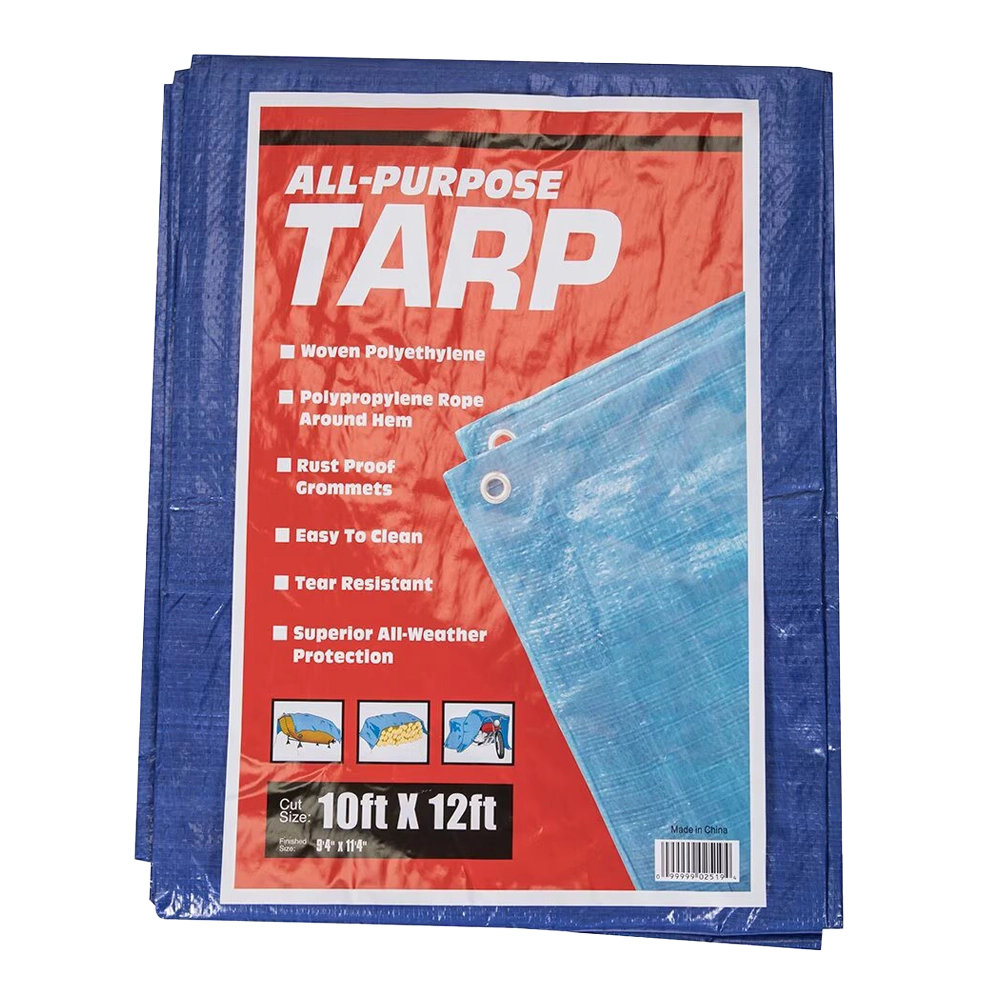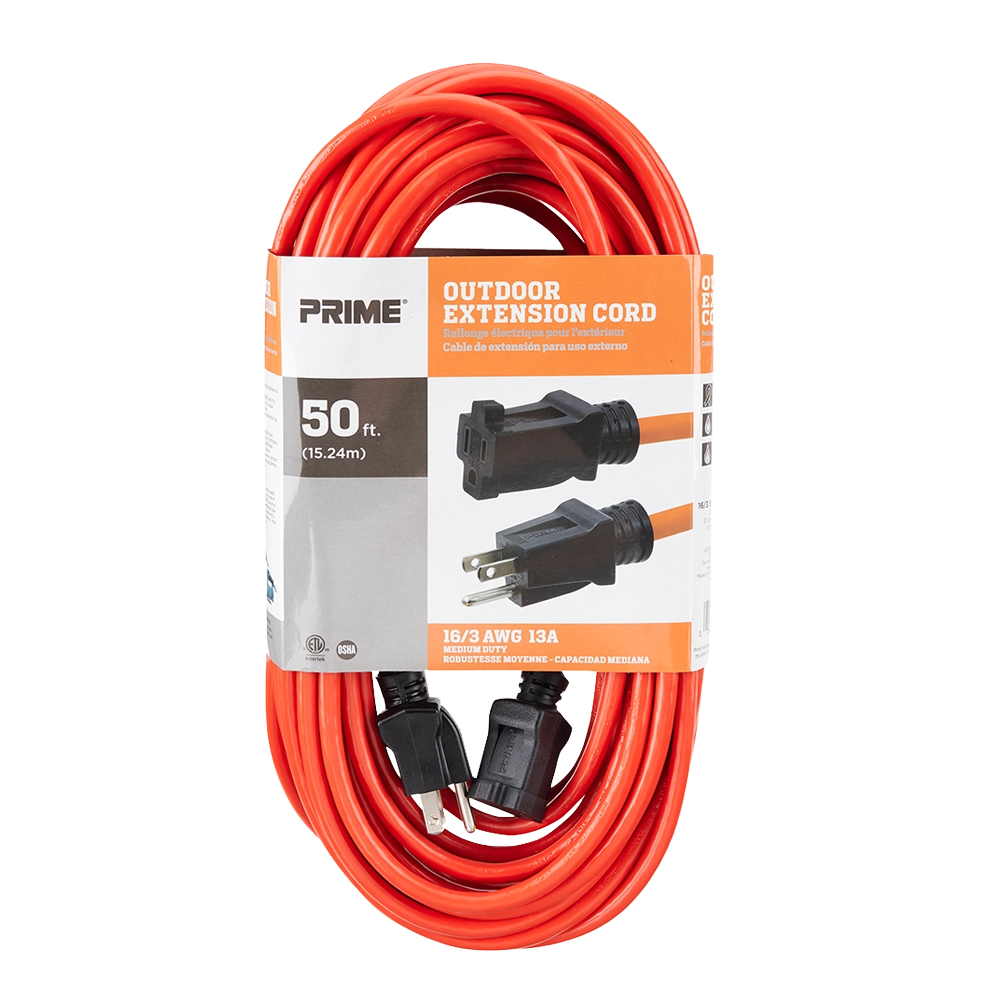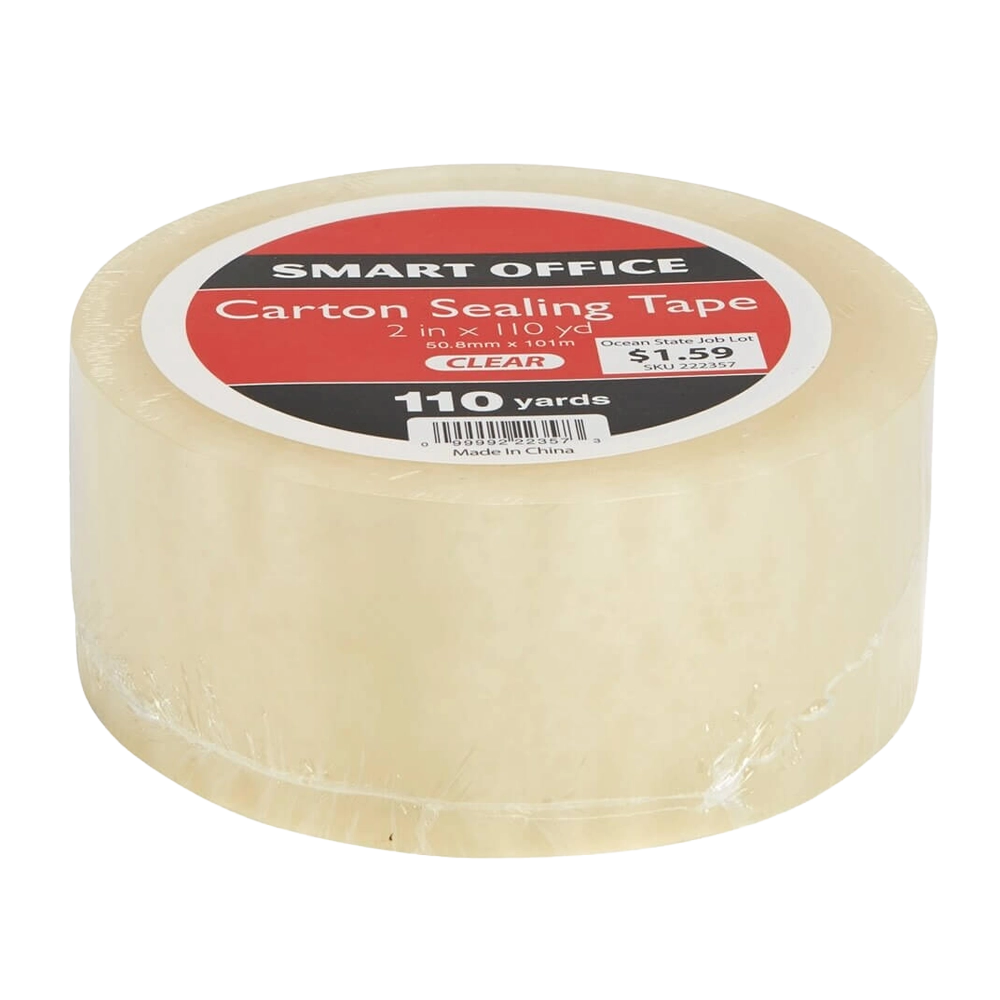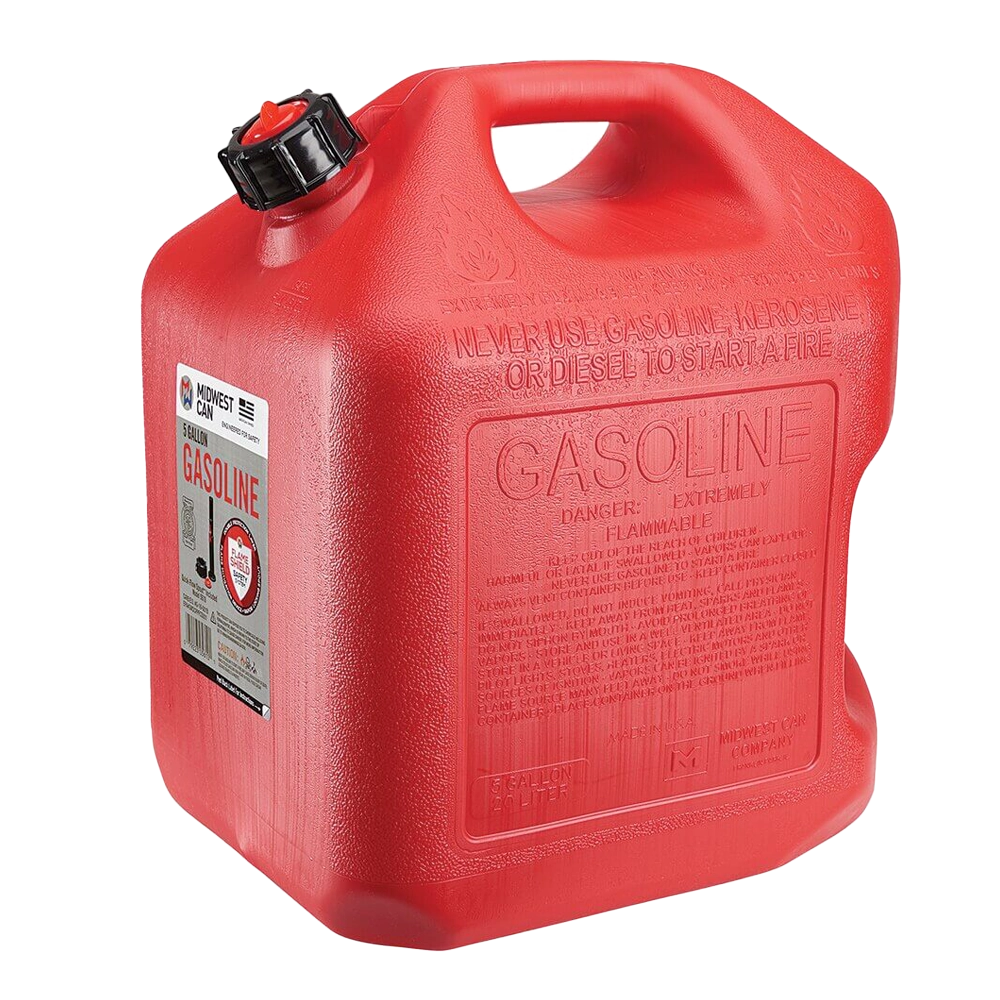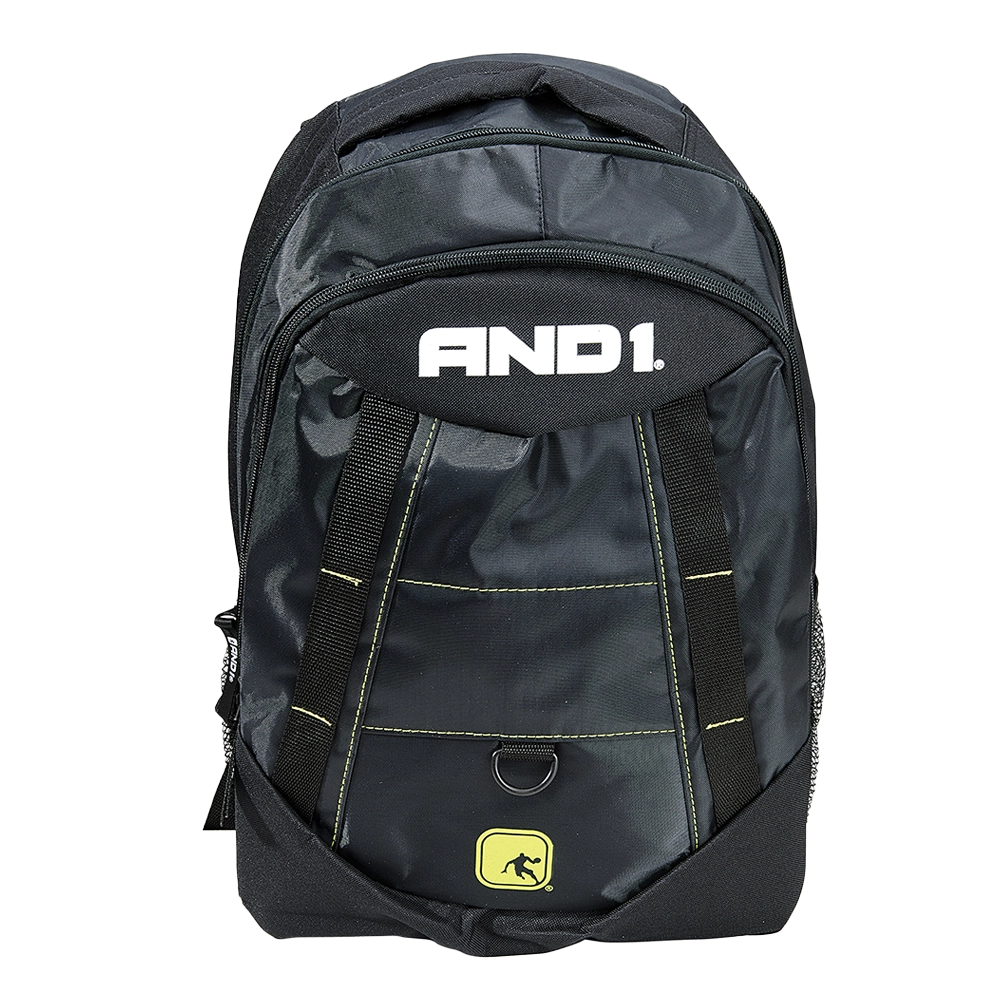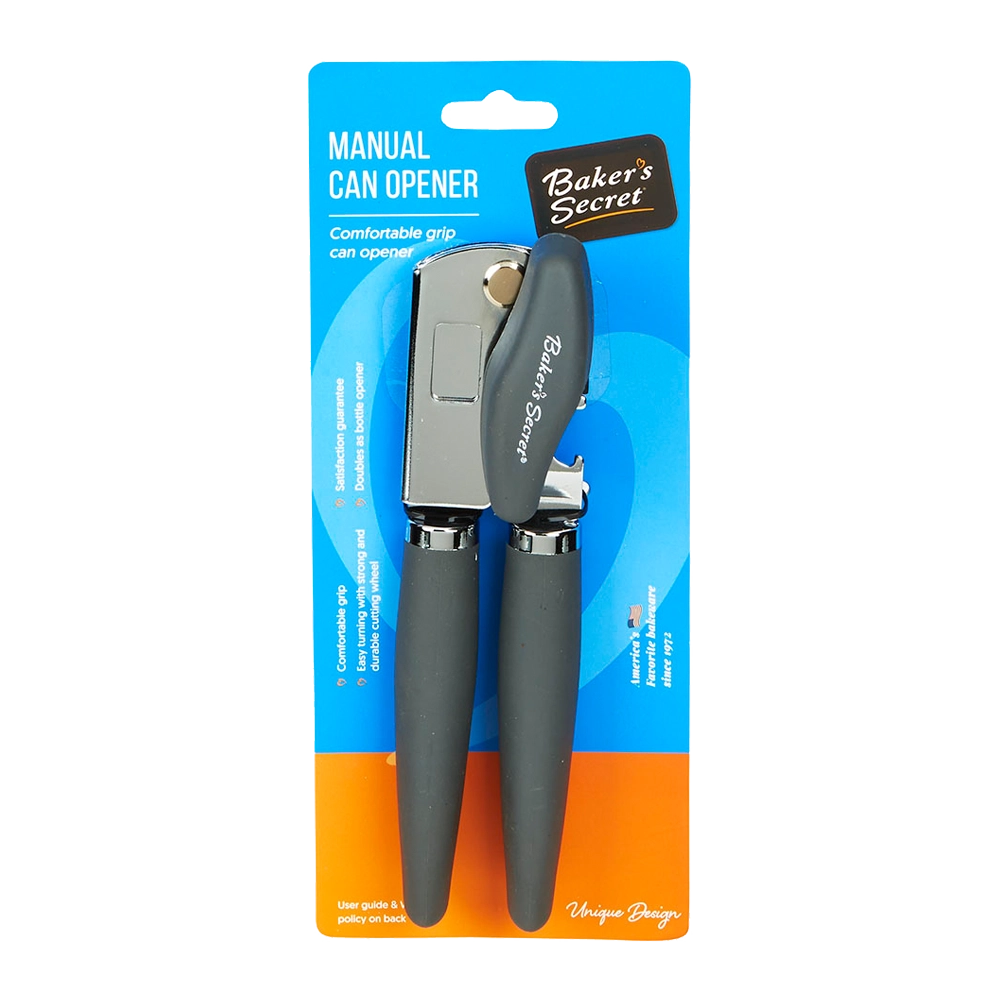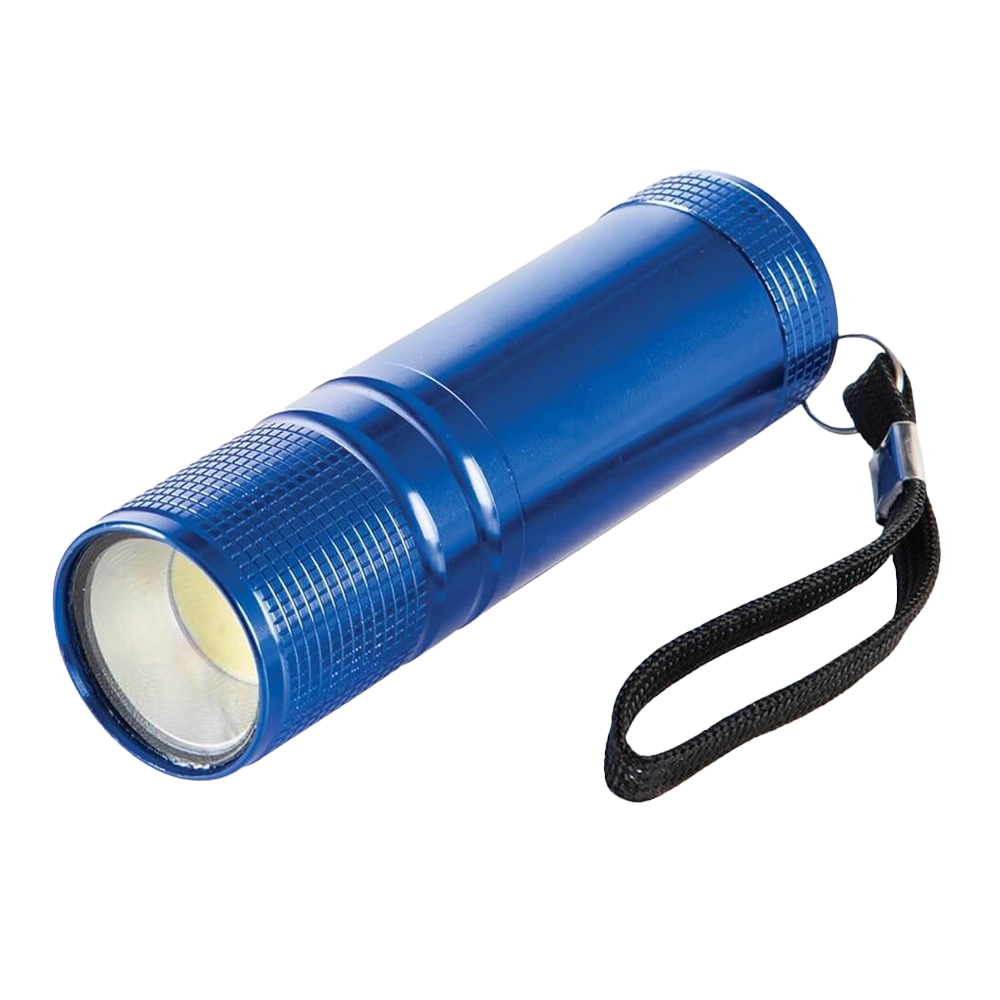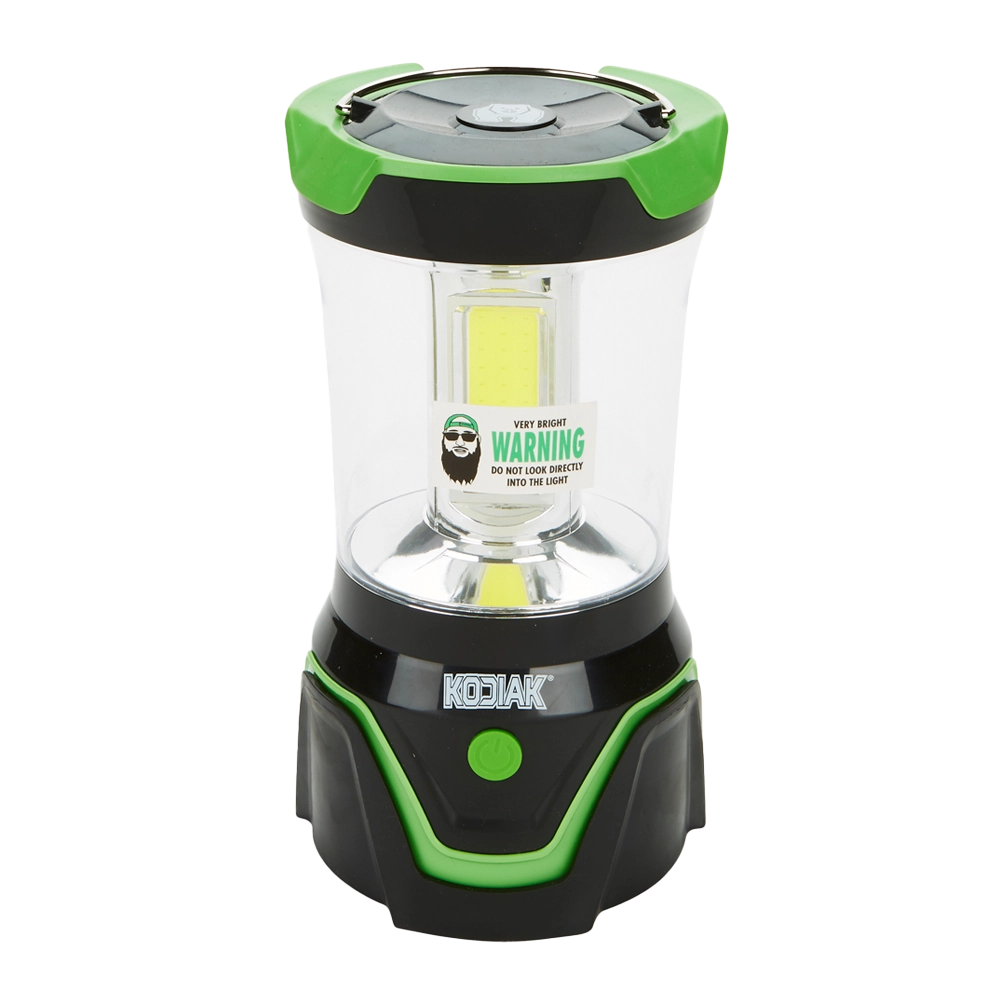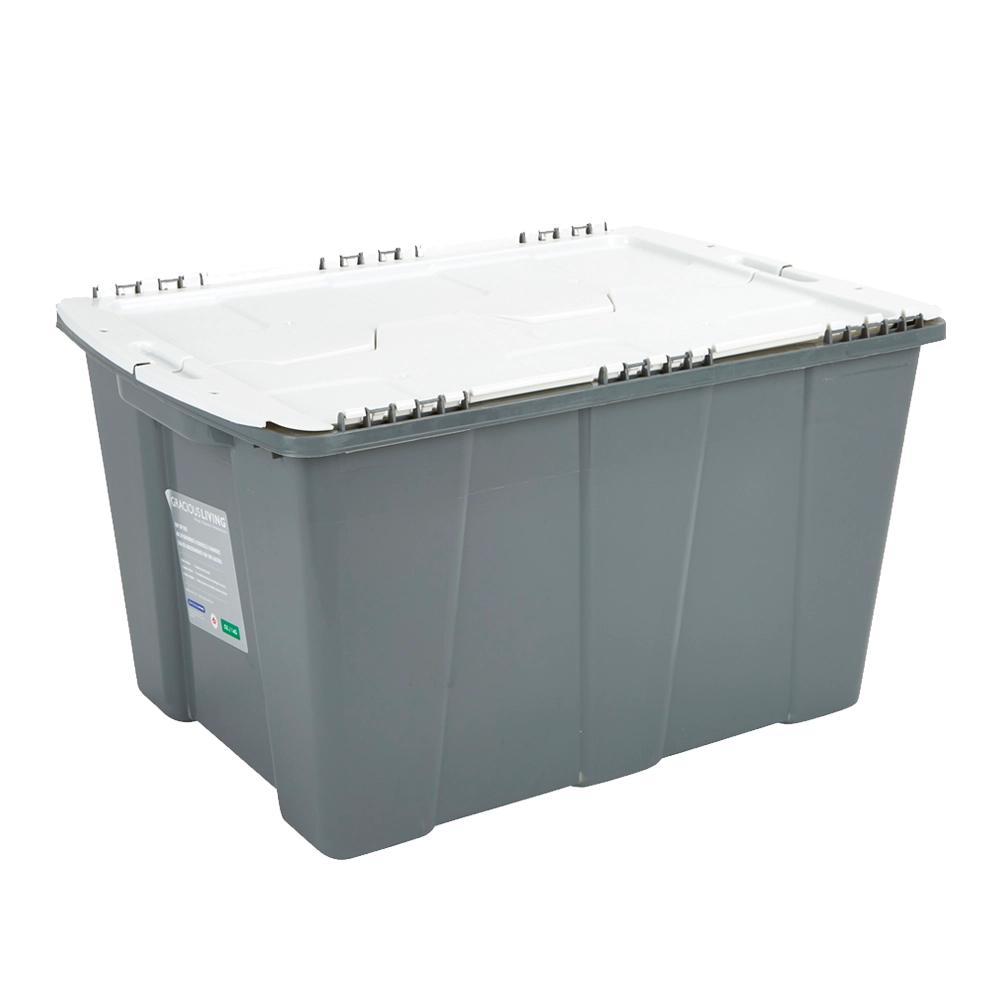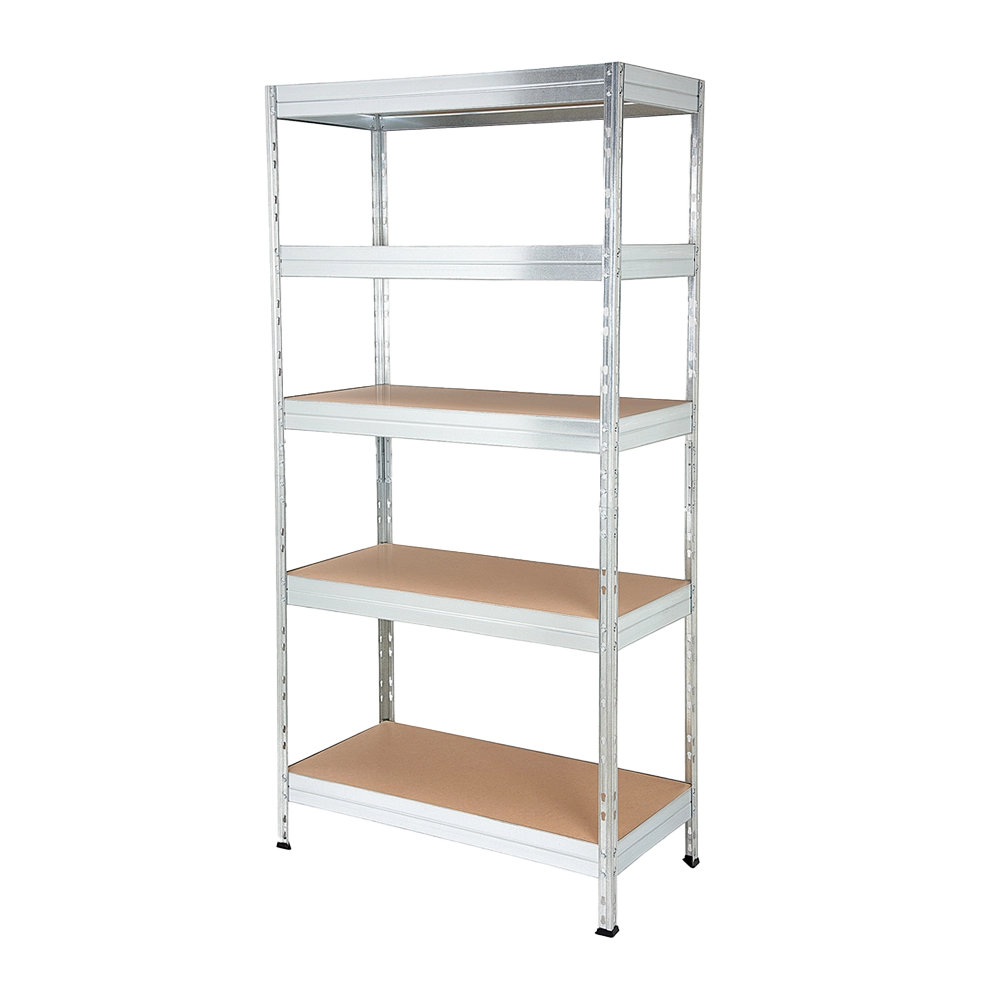Last Updated on August 8, 2023
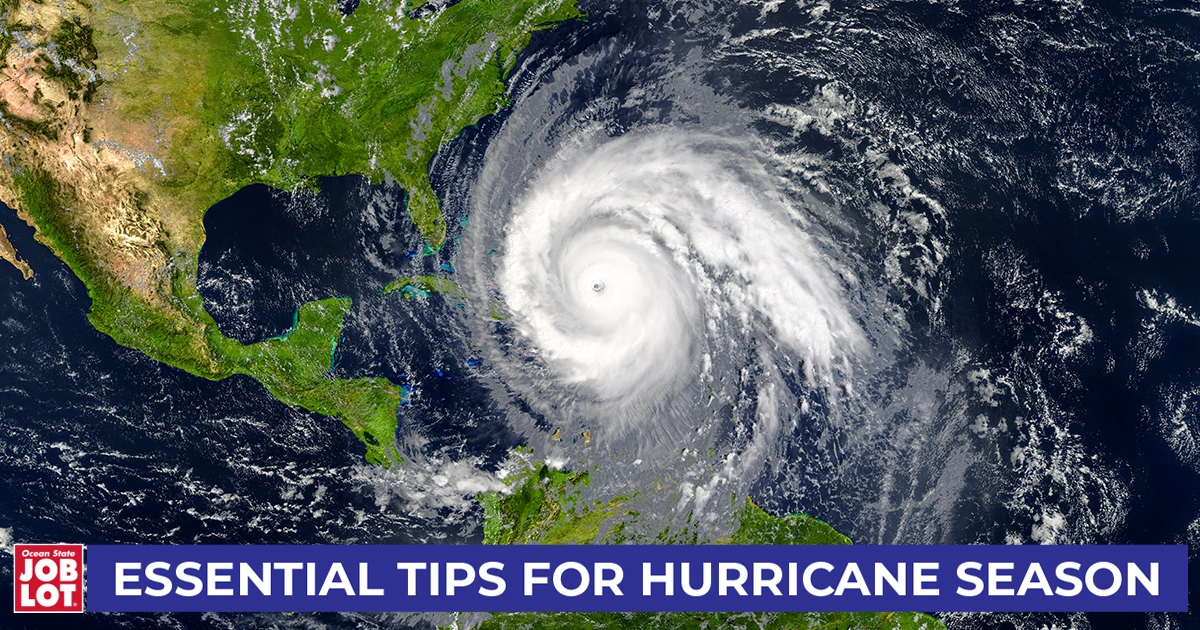
Did you know that hurricane season spans from June 1 until November 30? It’s true! With the potential for powerful weather, tropical storms, and hurricanes, it is crucial to be prepared to protect yourself, your loved ones, and your property. Reflecting on past experiences, such as the impact of Hurricane Bob in 1991 and Tropical Storm Henri in 2021, we understand the importance of taking proactive measures to protect ourselves during severe weather events.
Here are some essential tips for hurricane season to help you create a comprehensive foul weather plan.
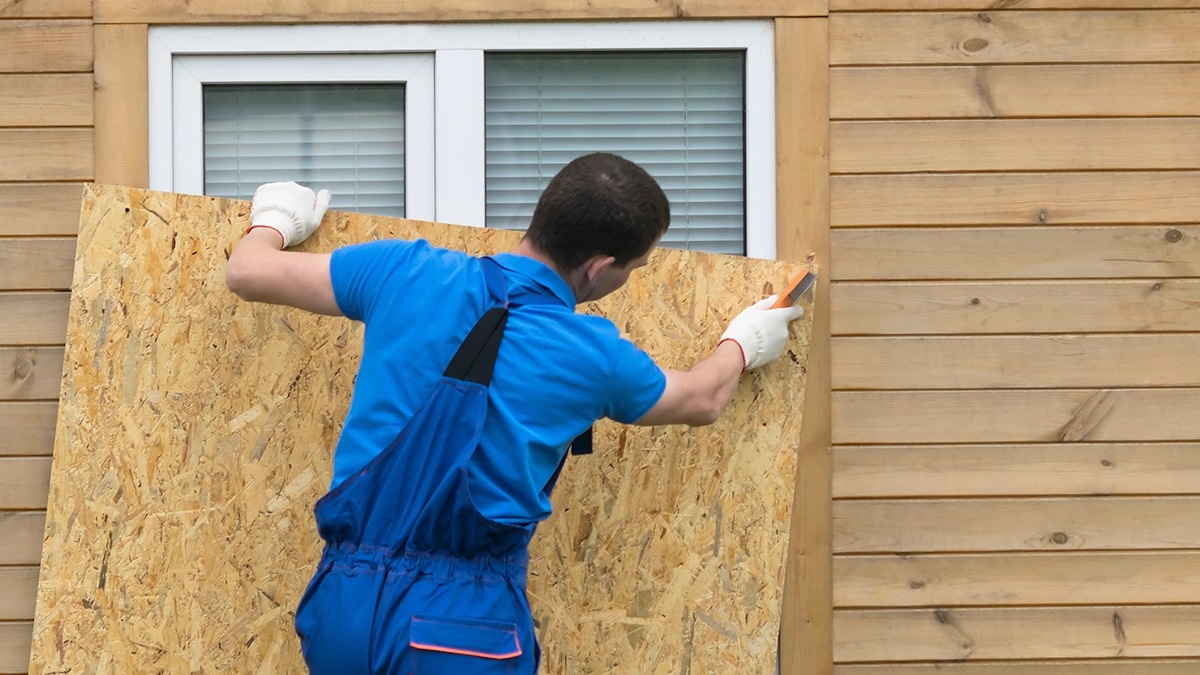
Ready Your Home and Yard
Long before a storm hits, walk through your yard, look for trees and stray branches close to your house or your power lines, and consider removing them. When you hear about an approaching storm, one of the first things you should do is check your yard for potential hazards. Begin by inspecting your yard and removing or securing smaller items that could become projectiles in high winds. Items like hanging planters, wind chimes, bird feeders, and lawn furniture should be brought inside. Anything that cannot be brought indoors should be tied down or laid flat to minimize the risk of it being carried away by strong winds. Remember, safeguarding your property also benefits your neighbors. Consider installing plywood over large windows to minimize the potential for injury from broken windows.
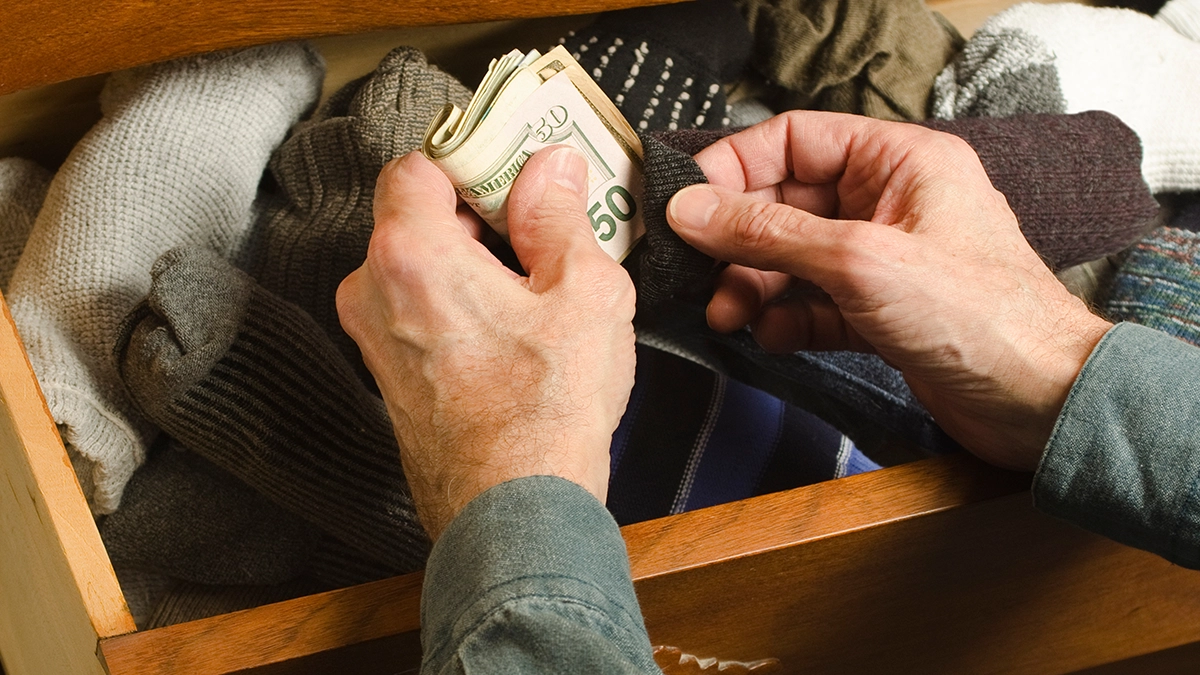
Have Cash
Most people use their debit or credit cards for everyday purchases, but cash can come in handy if the power is out for days, the ATMs aren’t working, or businesses are working on a cash-only basis. We recommend keeping a small amount of cash somewhere in your home that’s hidden but accessible to avoid last-minute lines at the ATM.
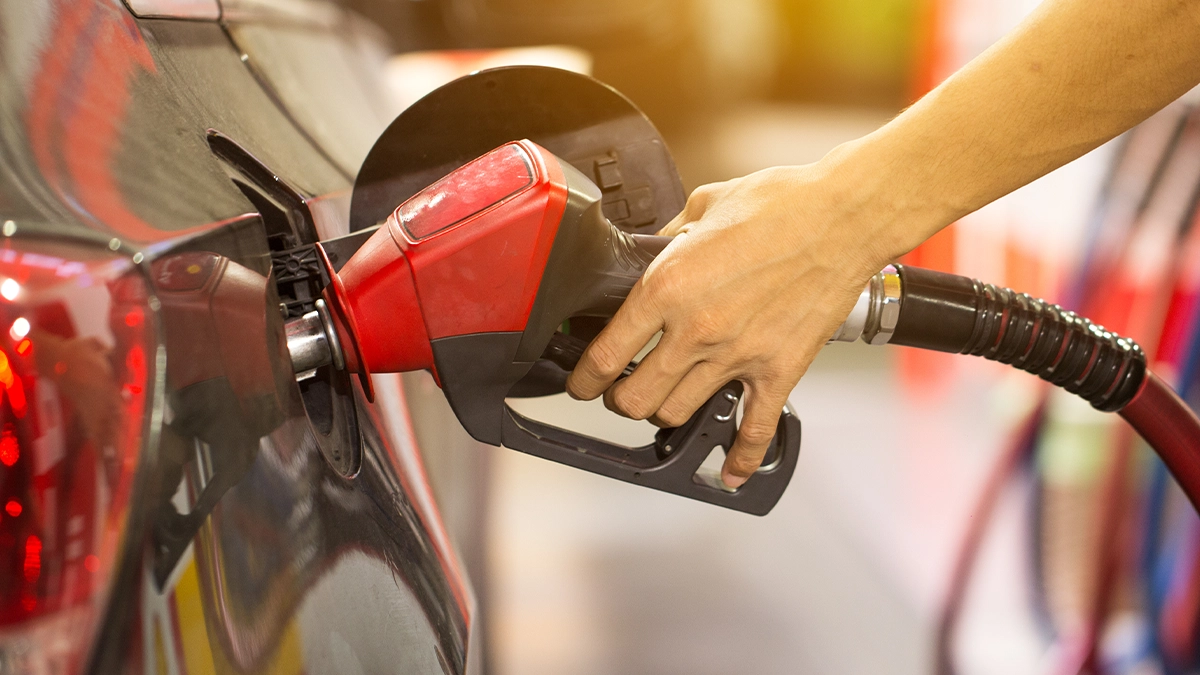
Fill ‘Er Up
Make sure your gas tank is topped off before any big storm. Consider investing in a few gas cans for gas-powered lawn tools or a chainsaw if a branch comes down. The last thing you want to think about is having to wait in line at the gas station if there’s a big hurricane, tropical storm, or any other major weather event on the way. Just a reminder: Do not store gas cans inside your home or basement. Keep them in your garage or shed, away from your home, just in case.
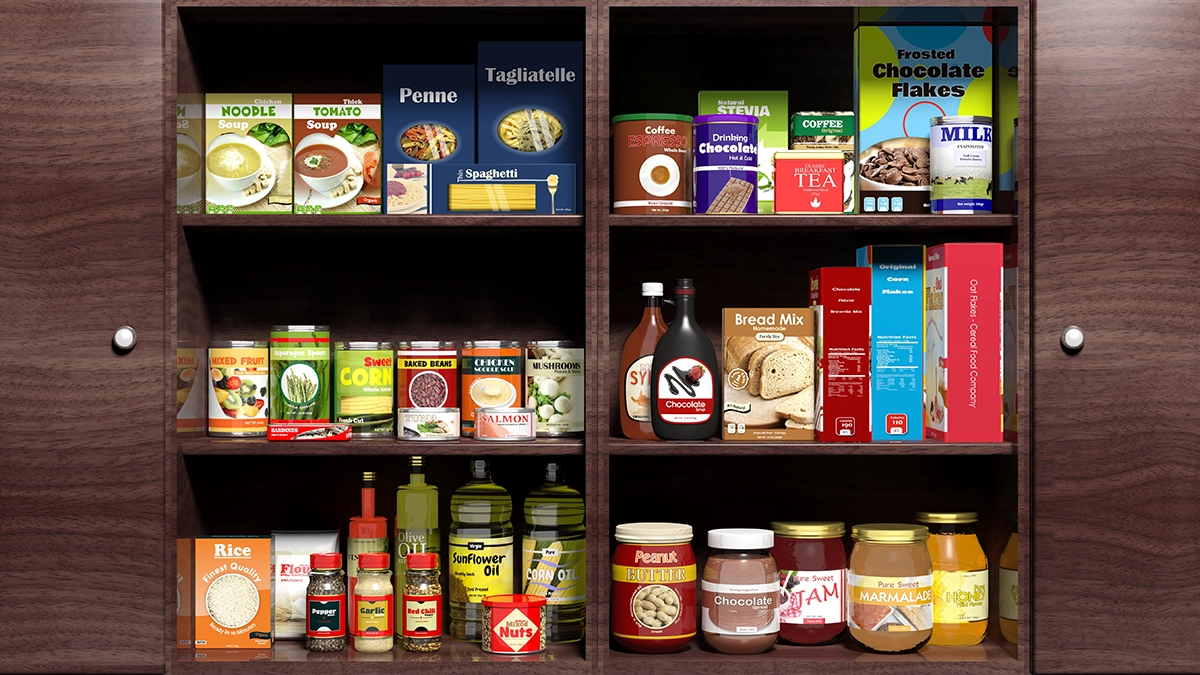
Stock Up on Non-Perishables
You don’t have to panic-buy everything in sight (remember the toilet paper hoarding during COVID), but having a week’s worth of extra non-perishable food items like canned soup and tuna, nuts, as well as bottled water for drinking, is recommended. Ocean State Job Lot has a large selection of nonperishable foods in our food and beverage aisles. Gradually build a small stockpile to ensure you are prepared throughout the hurricane season. The Federal Emergency Management Agency (FEMA) recommends “keeping 1 gallon of water per person per day—or 12 gallons of water for a family of four—which should last for three days in case of an emergency.” Their website has a great food and water prep article in case of a storm.

Fill Your Bathtub
Before a major storm, fill your bathtub. If a power outage occurs and you lose access to running water, this stored water can be used for essential tasks like dishwashing, flushing toilets, and personal hygiene while saving your bottled water for drinking.
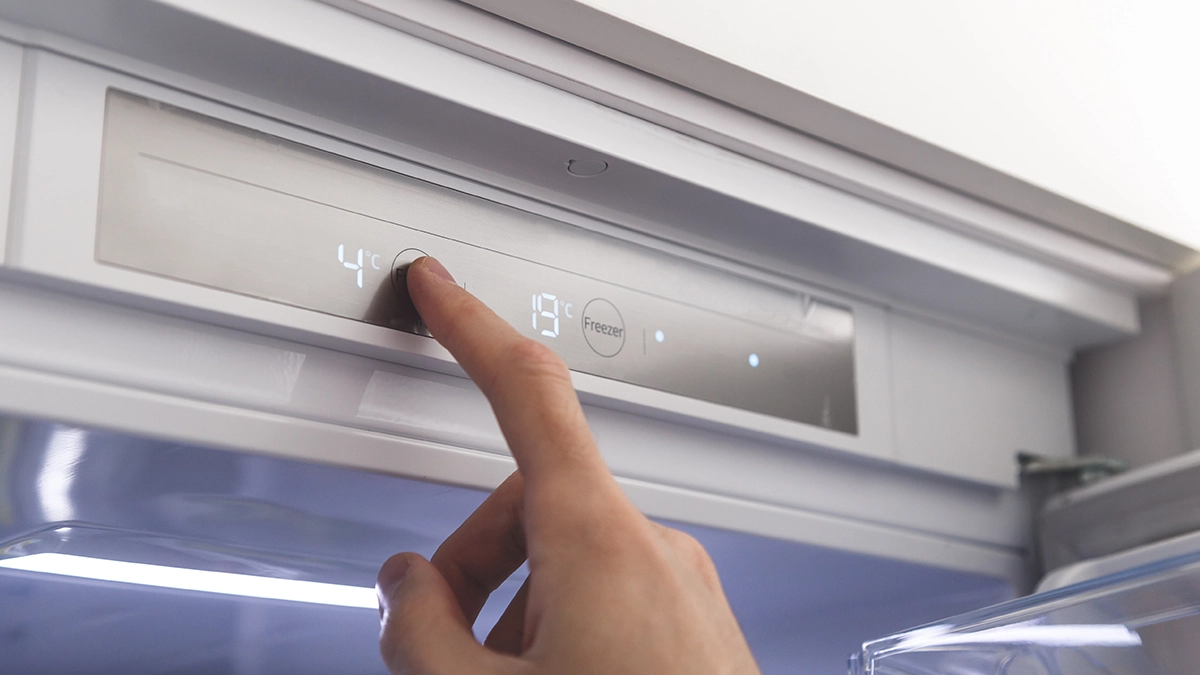
Keep Your Fridge and Freezer Cold
Adjusting your refrigerator and freezer settings to colder temperatures the day before a storm is supposed to hit can also help extend the life of your food if you lose power. You might also be tempted to stock the fridge and freezer but try to resist. If you lose power, there’s a chance all that food can go bad. You can fill empty water jugs and freeze them ahead of time. If you lose power, immediately transfer some to your fridge and keep a few in the freezer. These jugs will take longer to thaw while acting like giant ice cubes to keep your perishables fresh for a little longer.
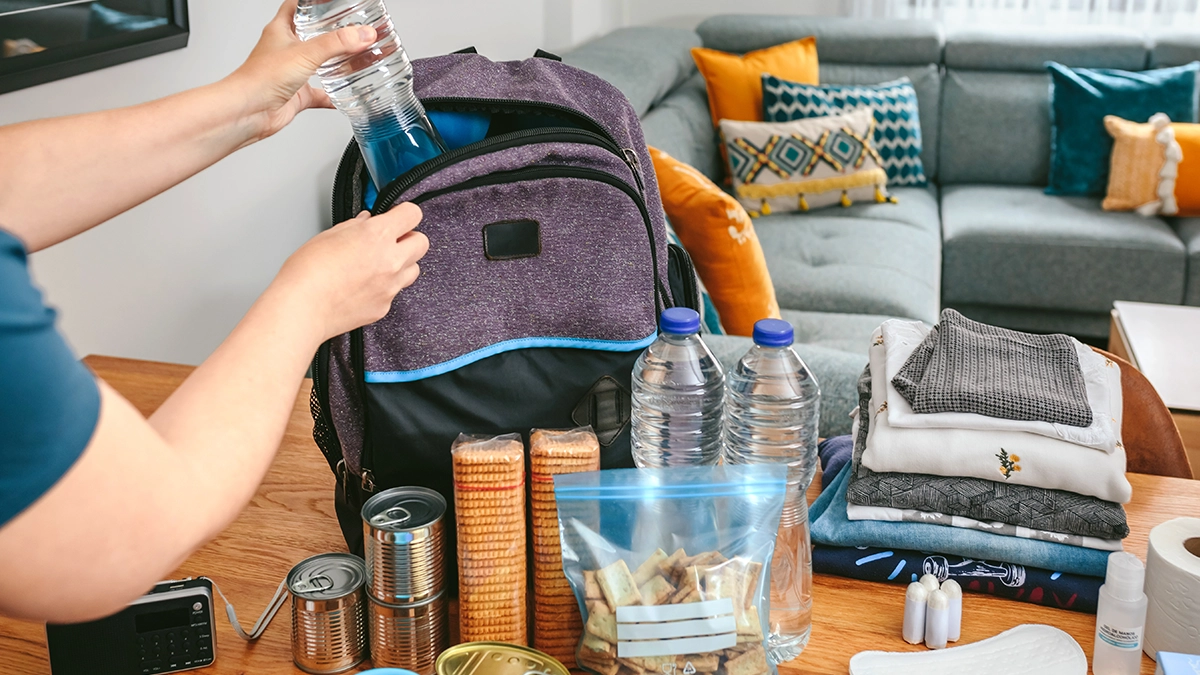
Prepare an Emergency Bag
Even if you plan to ride out the storm at home, having an emergency bag ready is wise. You never know what can happen. For each family member, pack a change or two of clothes, an extra pair of shoes, essential personal items like prescription medications, and any comfort items for little ones. Pack a few canned goods, a manual can opener, a small first aid kit, and a few days worth of pet food if you have furry companions. If you have a baby, pack enough diapers and formula. Flashlights with extra batteries and solar lanterns are important too.
Make sure to include chargers, a couple of books, word puzzles, headphones, or anything that might help keep you and your children calm and distracted from what’s going on outside. Make copies of important documents like your renter’s or homeowner’s insurance policy. Or, sign up for online access if you haven’t already, and you can view digital copies online. You can add sentimental items like priceless family photographs or irreplaceable jewelry if you have room. Just make sure the bag (or bags) aren’t too heavy if you need to evacuate quickly.
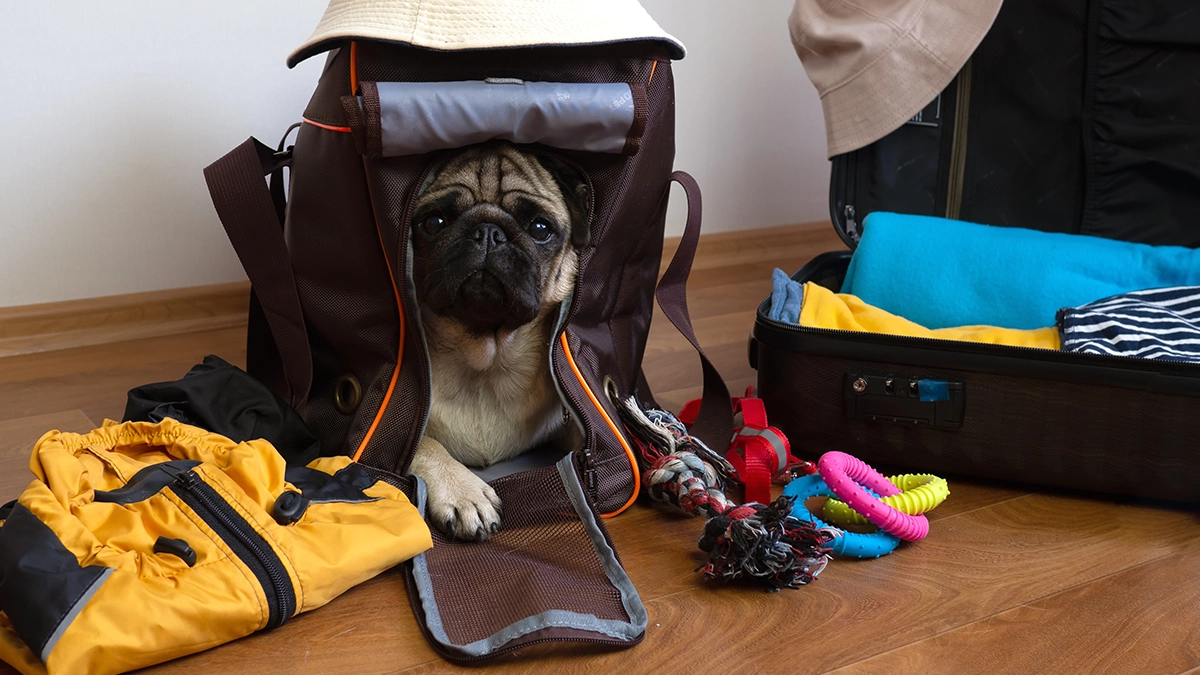
Plan for Your Pets
While getting an emergency bag ready, grab your pet carriers and keep them nearby. You’ll have their carriers ready to go if an evacuation becomes necessary. Remember, their safety is your responsibility. Make sure you have any pet medication packed too.

Protect Important Belongings
If you remember The Great Flood of 2010 that affected Rhode Island and other parts of New England, you likely remember hearing about the thousands of basements that were underwater – maybe yours was one of them. So many precious memories like antique wedding gowns and irreplaceable family photos were lost. Invest in some shelving and totes to keep these items up high and dry to minimize the potential damage caused by rising water levels. If you don’t have a sump pump and you often see water in your basement after a bad storm, consider installing one to help prevent basement flooding.
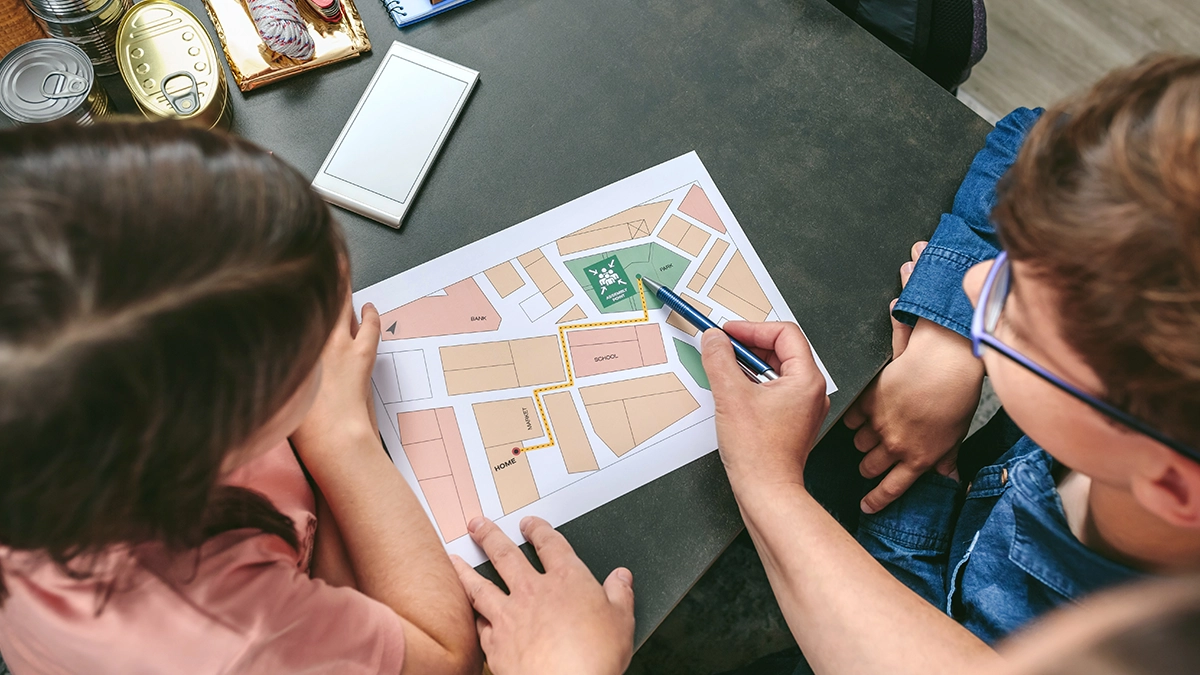
Create an Escape Plan
Though we hope it never comes to this, preparing for worst-case scenarios is essential. Devote time to discuss and develop an evacuation plan with your family. Identify safe locations and routes that you can follow in case you need to leave your home quickly.
As hurricane season approaches, it is vital to be proactive and well-prepared. Implementing these practical suggestions can enhance your safety and protect your loved ones and property during severe weather events. A little effort and planning can make a significant difference in surviving and recovering from a hurricane. Stay informed, stay safe, and don’t hesitate.

